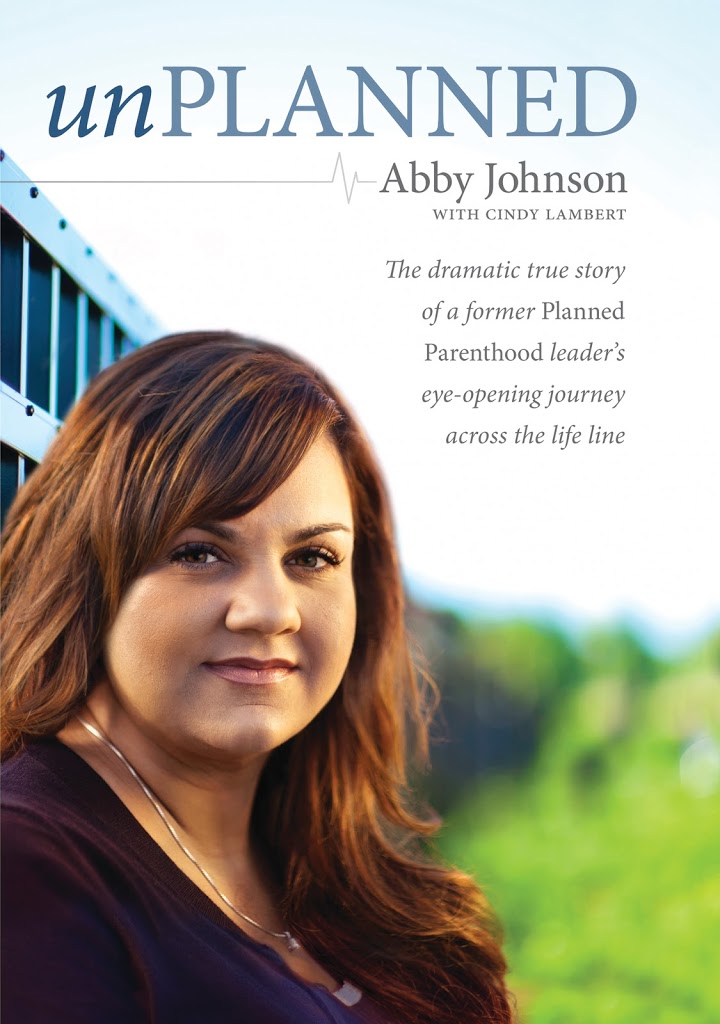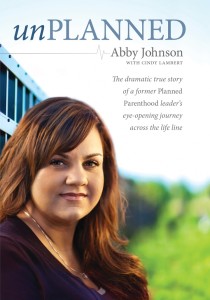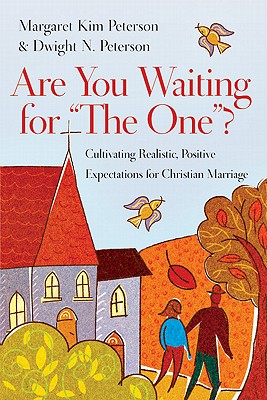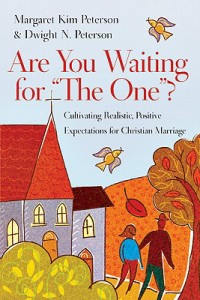I was asked recently why I’m opposed to casual sex.
I’ll tell you:
The purpose of sex is twofold: procreation and unity (spiritually, emotionally, biologically). A lot of people among the people who disagree with that embrace an assumption that we who believe sex is for babies and bonding don’t also believe sex should be pleasurable. That assumption is false. Sex should, in fact, be pleasurable (spiritually, emotionally, biologically) — yes, even according to we who believe sex is for babies and bonding.
But we who believe sex is for babies and bonding also believe the following:
1. We aren’t supposed to decide to unite because uniting is pleasurable. We are supposed to experience the pleasure because we decided to unite permanently.
2. When sex is as it should be, it isn’t about getting. It’s about giving.
And we don’t take that lightly. Both the unity and the procreation imply that sex should be selfless.
In uniting, sex is meant to be selfless: Each person gives self to the other, turning two into one. It’s at once a metaphor for the marriage covenant and a reflection of Christ’s covenant with the church. Procreation also requires selflessness: If sex partners make a baby, each person gives of self to and for the child, before and after the child is born.
In our culture, unity (the biological part of it) happens in multiple contexts:
- marital sex
- pre-marital sex (the partners intend to marry each other)
- non-marital sex (the partners either don’t necessarily intend to marry each other, definitely don’t intend to marry each other or haven’t gotten that far in their thoughts about the future)
- extra-marital sex (one or both of the partners is married, and neither partner is married to the other)
Mostly within the contexts of non-marital and extra-marital sex, the sex might just be casual. Casual could mean no strings attached, no commitment. It could be a “friends with benefits thing,” or an “I just met you” thing. It is, in any case, “happening by chance, without serious intention, careless or offhand, apathetic,” according to dictionary.com.
By default, to engage in sex that is casual is to be closed off to the possibility for procreation. Few who have casual sex are ok with it if it results in the making and subsequent co-parenting of a baby, in other words. Also by default, to engage in casual sex is to take sex lightly. And since the purpose of casual sex is not procreation and unity, the purpose of casual sex is pleasure, be it physical or emotional or both. But whether one, the other or both, the sex, therefore, is self-focused.
It’s a decision to unite temporarily because uniting is pleasurable.
It isn’t about giving. It’s about getting.
And when sex is about getting, sex is distorted. It becomes mutual use.
And to use your partner is to turn your partner from “person” to “object.”
And to objectify someone is to rob him or her of what comes standard with hearts and souls:
dignity.
And that is why I’m opposed to casual sex.




